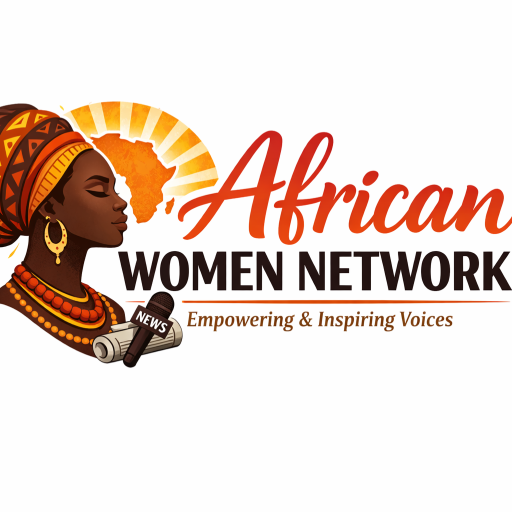
Despite rising numbers of female entrepreneurs in Africa, women-led start-ups still face steep challenges accessing funding, particularly beyond the early growth stages.
This is according to the latest report from Africa: The Big Deal, a U.S.-based publication that tracks venture capital activity on the continent.Titled Disappearing Women, the report sheds light on the stark gender disparities in startup financing across Africa. It analysed 2,808 equity deals worth over $14 billion (KSh1.8 trillion) from 2019 to mid-2025 and found that while 25% of the transactions involved start-ups with at least one female co-founder, these deals attracted just 17% of total capital raised.
“When they managed to raise capital, female co-founders secured on average 1.5 times less funding than their male-only counterparts,” said Max Cuvellier Giacomelli, co-author of the report.
However, the picture is even grimmer for start-ups led by women CEOs. Only 13% of all tracked deals since 2019 involved a female CEO, and these businesses secured a mere 5% of all capital invested. The funding gap has deepened in recent years with just 3% of funding going to women-led start-ups in 2024, and the number has plummeted to only 0.9% in 2025, despite women-led ventures making up 9% of the deals closed.
The report further reveals that when female CEOs did raise funds, the amounts were significantly lower than those raised by male CEOs—2.5 times less on average.
The disparity becomes more pronounced at later stages of funding. In Series B and C rounds, typically aimed at scaling businesses, female co-founded startups represented just 14% of deals and secured only 11% of the funding. For startups with women CEOs, the share dropped to 5% of deals and 4% of the funds.
In contrast, women-led start-ups have a stronger presence in earlier stages. At the pre-seed level, 28% of deals and 24% of total funding went to female co-founded ventures, while 15% of dealsand 10% of capital were secured by start-ups with a woman CEO. This early-stage traction, however, is not translating into sustained investment at the growth phase.
Critically, analysts stress that this funding gap is not due to a lack of female-led innovation. Since 2019, more than700 rounds involving female co-founders have raised a cumulative $2.4 billion (KSh312 billion).
“This is not a pipeline problem. Women are building and scaling companies, but they’re being locked out of meaningful funding opportunities,” said Giacomelli.
The findings raise important questions for investors and development stakeholders committed to inclusive economic growth. As venture capital becomes a key driver of Africa’s digital transformation, the systematic underfunding of female-led enterprises signals not only a gender equity issue but also a missed opportunity for scalable, impact-driven growth.




